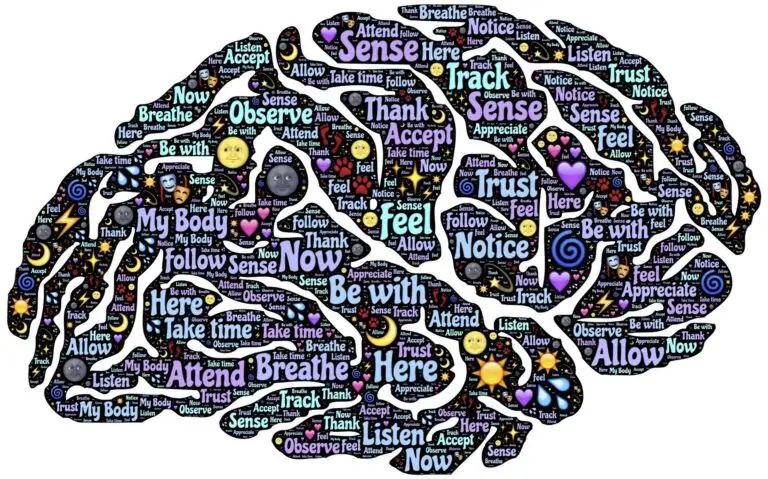It can be hard to heal from a difficult childhood but it can be done. Healing is possible and takes place through:
1. Knowledge – read everything you can about psychological subjects which are relevant to you. Learning leads to:
2. Understanding – you will develop an understanding of yourself and things will start to make sense which leads to:
3. Acceptance of yourself – this means you will stop judging yourself so harshly and your self-worth will increase which leads to:
4. Self-compassion – you will develop compassion towards yourself and this leads to:
5. Self-awareness – the fear of looking within yourself will disappear and with self-awareness comes the ability to recognise patterns in your behaviour which leads to:
6. Change – you will have the knowledge and ability to change your life.
Knowledge and Understanding
In pursuit of healing, understanding where we came from and what happened can be liberating. Knowledge leads to self-acceptance.
Topics which are useful to learn about are: co-dependency, people pleasing, anxiety and defence mechanisms.
Self-compassion
Many of us have little self-compassion. Self-compassion can be learnt and practiced. It is about treating yourself in the way you would treat a good friend.
Changing the way we think changes our brain structure. Please see Neuroplasticity.
We change our brains through a combination of processing the suppressed emotional pain and becoming more mindful, self-aware and compassionate towards ourselves.
Mindfulness
Mindfulness is all about getting to know yourself. We often think our coping mechanisms are part of our personality when they are actually adaptations to the life we have had which will fade with healing. It helps to get ‘back in touch’ with the body and emotions and develop self-awareness.
Deep breathing exercises are useful. If you are feeling stressed, the 4-7-8 technique may help. This calms down the nervous system if it becomes dysregulated (hyper or hypoaroused i.e., in fight, flight, freeze or submit mode). Breathe in for the count of 4, hold it for the count of 7 and breathe out for the count of 8. Doing just 2 or 3 of these can really help the body to feel calm. Please see link to 4-7-8 technique here.
Mindfulness exercises and meditations can be found on YouTube. If this feels uncomfortable you could perhaps try 5 minutes a day or 5 minutes once a week and build on that.
Self-care
Many people who have come from a difficult childhood do not have high levels of self-care. They may not eat healthily, exercise or sleep well or they may have poor dental health. Some people feel uncomfortable doing nice things for themselves to begin with but with persistence this will change.
Please see the Brain and Neuroplasticity
There is a self-care quiz which assesses physical, emotional, social, spiritual and professional self-care here.
Hobbies and Interests
Many people may not know what they themselves enjoy (as they are often people-pleasers who put their own needs and wants last) and may go along with whatever hobbies and interests their friends and partners have.
You could experiment with some different hobbies and see if there are any you enjoy. Perhaps music, sport, art, reading, writing, walking or photography or cooking. There may be feelings of guilt for doing things for yourself which can be very uncomfortable. Just notice these feelings (in a non-judgmental way – as much as is possible).
Balance
Try to find a balance between doing for others and doing for yourself, and between working and resting. Some people may find themselves always doing for others and working a lot either inside or outside of the home. They may feel guilty if they do things for themselves. Please see Chronic People Pleasing.
Counselling
Counselling can help a person overcome a difficult childhood.
Side effects of a difficult childhood can be irritability, depression, insomnia, feeling emotionally overwhelmed, having nightmares or flashbacks, feeling shame or worthlessness, panic attacks, substance abuse, eating disorders, chronic pain and feelings of not knowing who you are among other feelings and symptoms.
If you would like to have counselling with me, please click the button below.



